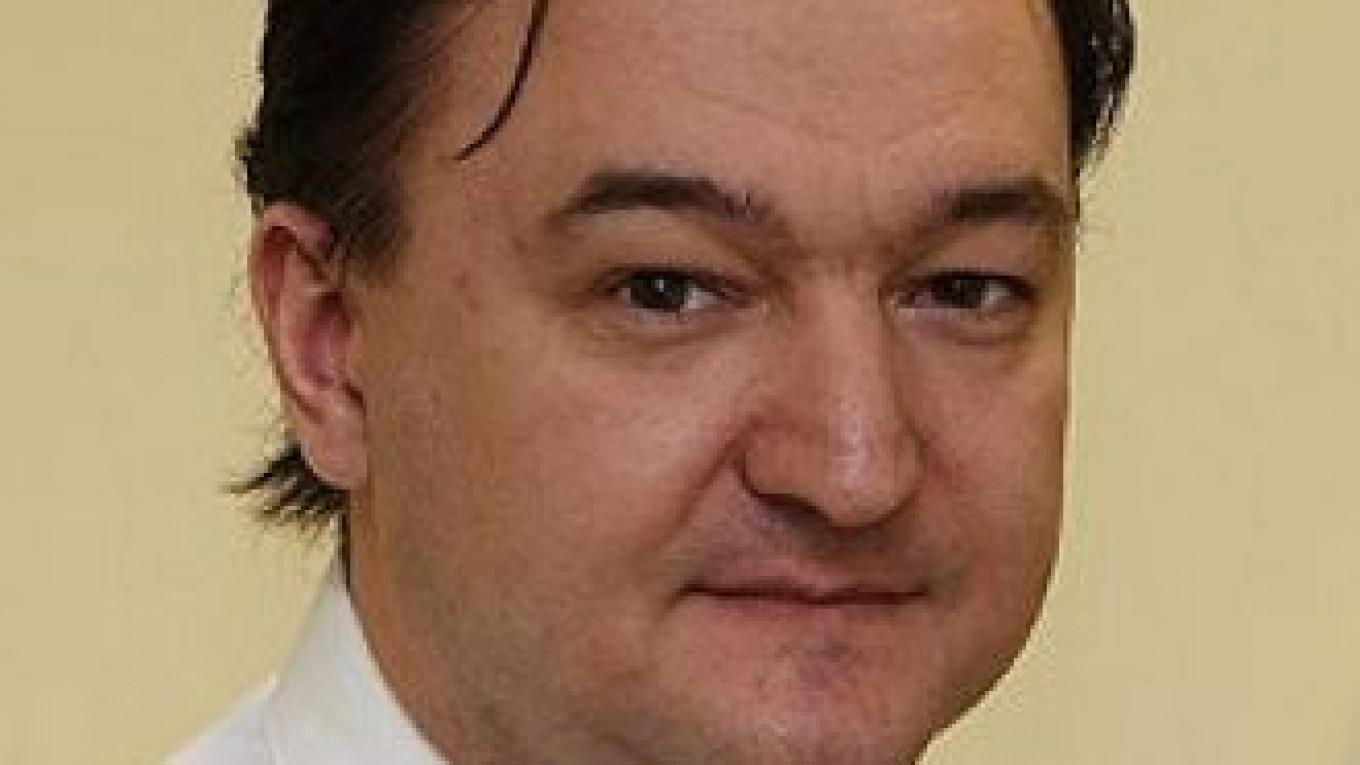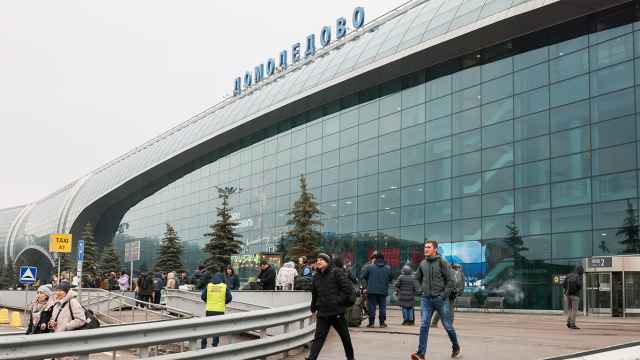The British Embassy in Moscow responded Tuesday to a report saying that the U.K. had banned entry to 60 Russian officials implicated in the Sergei Magnitsky case, noting that legislation had long been in place that allowed British authorities to block entry to human rights violators.
The Daily Telegraph reported late Monday that a ban had been applied to the 60 Russians on a list drafted by the U.S. Helsinki Commission, chaired by U.S. Senator Benjamin Cardin, suspected of being involved in a $230 million tax fraud uncovered by Magnitsky or in Magnitsky's death in prison in 2009.
In response, a British Embassy representative told Interfax: “Despite the various news reports, the British position on the “Magnitsky list” has not changed. We have explained numerous times that British immigration law includes provisions banning entry to the U.K. for human rights violators.”
Last year, the United States passed a law named after Magnitsky that targeted Russian human rights violators, including those implicated in the Magnitsky case, with asset freezes and visa bans. In April, the U.S. Treasury Department published a list 18 Russians subject to the sanctions.
Magnitsky's former employer, Hermitage Capital, has lobbied European governments to pass similar “naming and shaming” laws but without success, although individual lawmakers in several EU countries, including the U.K., have expressed support for such laws.
The Telegraph reported that the U.K. Home Office's ban was revealed in a previously undivulged parliamentary response in April to a written question from Conservative lawmaker Dominic Raab.
Raab asked the Home Office if any of the 60 Russians named on the U.S. Helsinki Commission list had visited the U.K. in the last year.
In response, immigration minister Mark Harper said: "The Home Office Special Cases Directorate is already aware of the individuals on the list and has taken the necessary measures to prevent them being issued visas for travel to the U.K."
Foreign Minister Sergei Lavrov said Tuesday that Moscow had not received any official information from British authorities about such a ban, adding that the recent news reports could be an attempt at a "provocation."
“Because right now in the European and international media landscape there are quite a few of these hot topics that it would likely be desirable to distract the public from,” Lavrov said at a news conference with his Romanian counterpart, Interfax reported.
Russia was furious at the passage of the U.S. Magnitsky act, calling it an attempt to interfere in the country's domestic political affairs. In response, it created its own list of Americans who are barred from entering Russia, including several current and former officials linked to the U.S. detention center in Guantanamo Bay, Cuba, and banned U.S. adoptions of Russian orphans.
A Message from The Moscow Times:
Dear readers,
We are facing unprecedented challenges. Russia's Prosecutor General's Office has designated The Moscow Times as an "undesirable" organization, criminalizing our work and putting our staff at risk of prosecution. This follows our earlier unjust labeling as a "foreign agent."
These actions are direct attempts to silence independent journalism in Russia. The authorities claim our work "discredits the decisions of the Russian leadership." We see things differently: we strive to provide accurate, unbiased reporting on Russia.
We, the journalists of The Moscow Times, refuse to be silenced. But to continue our work, we need your help.
Your support, no matter how small, makes a world of difference. If you can, please support us monthly starting from just $2. It's quick to set up, and every contribution makes a significant impact.
By supporting The Moscow Times, you're defending open, independent journalism in the face of repression. Thank you for standing with us.
Remind me later.






